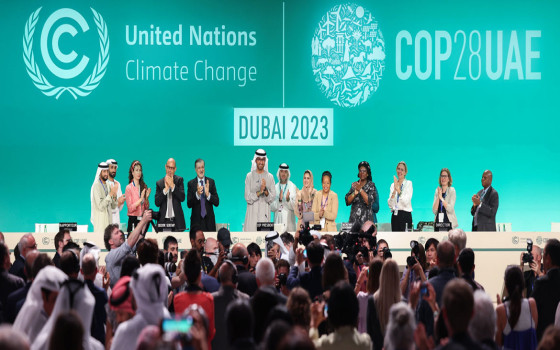
Climate Summit in Dubai: Despite the applause in the plenary session, not all delegations were happy with the results of the talks.

- Europe and Arabs
- Thursday , 14 December 2023 13:37 PM GMT
Dubai - New York: Europe and the Arabs
Countries participating in the United Nations Climate Change Conference (COP28) in Dubai agreed to a roadmap for the “transition away from fossil fuels” - the first time of its kind at a UN climate conference - but the agreement still falls short on the long-awaited call. To “phase out” oil, coal and gas.
Commenting on the adoption of the final document on Wednesday, United Nations Secretary-General António Guterres said that mentioning the word fossil fuels - the world's main contributor to climate change - comes after many years that witnessed a ban on discussing this issue.
He stressed that the era of fossil fuels must end with justice and fairness. He added:
“To those who opposed the clear reference to phasing out fossil fuels in the COP28 draft, I want to say that phasing out is inevitable whether they like it or not. Let’s hope it doesn’t happen too late.”
The annual United Nations climate conference has been held in Dubai since November 30. It was scheduled to conclude its work on Tuesday, but the conference organizers were forced to extend it for an additional day due to intense negotiations that extended until late into the night over whether the final outcome would include a call for a “gradual reduction” or “phasing out” of fossil fuels that lead to... To global warming on the planet.
This thorny issue has been a point of contention between activists and countries exposed to the risks of climate change against some major countries during most of the past two weeks.
"The science is clear"
In his speech, Guterres said the science is clear that limiting global temperature rise to 1.5 degrees Celsius - one of the key goals set in the landmark 2015 Paris Agreement - "will be impossible without phasing out all fossil fuels." This has been recognized by a growing and diverse coalition of countries.
Negotiators at COP28 also agreed on commitments to triple the capacity of renewable energy sources and double energy efficiency by 2030.
Other progress has also been made on adaptation and financing – including the operation of the Loss and Damage Fund, although financial commitments are very limited, according to the Secretary-General.
But the Secretary-General stressed the need for greater efforts to achieve climate justice for people on the front lines of the climate crisis. He added:
“Many vulnerable countries are drowning in debt and at risk of drowning due to rising sea levels. It is time for a financing boom, including coping with losses and damages and reforming the international financial architecture.”
He said that the world cannot afford "delay, hesitation, or half-measures," stressing that "multilateralism remains humanity's best hope. It is necessary that we come together around real, practical, and feasible climate solutions that are commensurate with the scale of the climate crisis."
“A lifeline, not the end of the race.”
Simon Steele, Executive Secretary of the United Nations Framework Convention on Climate Change, said “real steps forward” had been made at the climate conference, but the initiatives announced in Dubai were “a lifeline for climate action, not the end of the race.”
Mr Steele said the global assessment - which aims to help countries align their national climate plans with the Paris Agreement - had clearly revealed that progress is not fast enough, but it is moving at an undeniable speed.
However, the current trajectory would result in temperatures rising to just under three degrees Celsius compared to the pre-industrial era – the equivalent of “mass human suffering”, according to the climate official, which is why “COP28 needs to do more”. .
Speaking to reporters outside the conference's main hall, Mr Steele said the conference needed to point out the root cause of the climate problem facing humanity - "the fossil fuels and pollution that are burning up our planet". He continued, saying:
“While we have not completely turned the page on fossil fuels here in Dubai, this clearly represents the beginning of the end. This agreement represents an ambitious floor, not a ceiling. Therefore, the critical years ahead must continue to drive ambition and climate action.”
Here are some other highlights from COP28 and a sneak peek at what's coming next:
The most important thing that happened at the conference?
First, the establishment of a Loss and Damage Fund designed to support developing countries vulnerable to climate change on the first day of the conference. Countries have pledged hundreds of millions of dollars so far to the Fund;
Second, making commitments worth $3.5 billion to replenish the Green Climate Fund.
Third, new announcements totaling more than $150 million for the Least Developed Countries Fund and the Special Climate Change Fund.
Fourth, increase World Bank financing for climate-related projects by $9 billion annually in the period between 2024 and 2025.
Fifth, about 120 countries supported the UAE Declaration on Climate and Health at COP 28 to accelerate actions to protect people's health from increasing climate impacts.
Sixth, more than 130 countries have signed the UAE Declaration on Agriculture, Food and Climate to support food security while combating climate change.
Seventh, 66 countries supported the global pledge to reduce the expected 2050 emissions resulting from the refrigeration sector by 68% as of today.
Then what next?
The next round of national climate action plans – or nationally determined contributions – is scheduled to end in 2025, when countries are expected to seriously strengthen their actions and commitments.
It was announced that Azerbaijan will host the twenty-ninth Conference of the Parties - from November 1 to 22 next year - after gaining the support of Eastern European countries after Armenia withdrew its offer to host the conference.
Brazil has offered to host the 30th session of the COP in the Amazon region in 2025.
Mixed reactions
Despite the applause in the plenary, not all delegations were happy with the results of the climate talks. Civil society representatives and climate activists, as well as delegations from small island developing countries, were clearly dissatisfied with the final result.
Anne Rasmussen, representative of Samoa and chief negotiator for the Alliance of Small Island States, noted that the decision was taken during their absence from the plenary session as her group was still coordinating its response to the text.
She regretted that they could not "afford to return to their islands with the message that this process has failed us." She stressed the importance of the global assessment process "to ensure that we are still able to limit global warming to 1.5 degrees Celsius."
Ms Rasmussen lamented the lack of a “course correction” and expressed disappointment at “the incremental progress of business as usual”, when what we really need is “a significant change in our procedures and support”.
Immediately after the final draft was released, Harjit Singh, Head of Global Political Strategy at the International Climate Action Network, told UN News:
“After decades of evasion, COP28 has finally shed light on the real culprit of the climate crisis: fossil fuels. The long-awaited trend away from coal, oil and gas has been set. But the decision is riddled with loopholes that provide the fossil fuel industry with many paths of evasion, relying on “The techniques are untested and unsafe.”
Mr. Singh also pointed out what he described as "the hypocrisy of rich countries... as they continue to expand fossil fuel operations on a massive scale while paying lip service to the green transition."
Developing countries remain dependent on fossil fuels, he said, because they were left without strong guarantees of adequate financial support in their “urgent and just transition to renewable energy.”
He added: “Although this COP acknowledged the huge financial shortfall in addressing climate impacts, the final results were disappointingly insufficient to force rich countries to meet their fiscal responsibilities.”


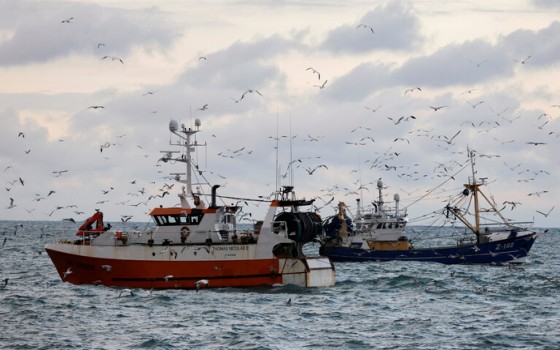

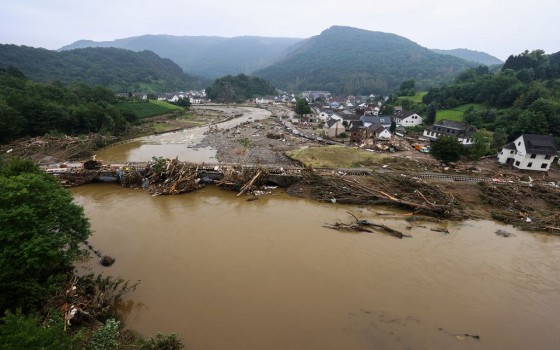
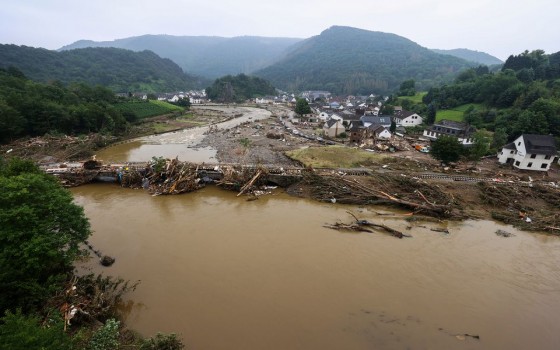


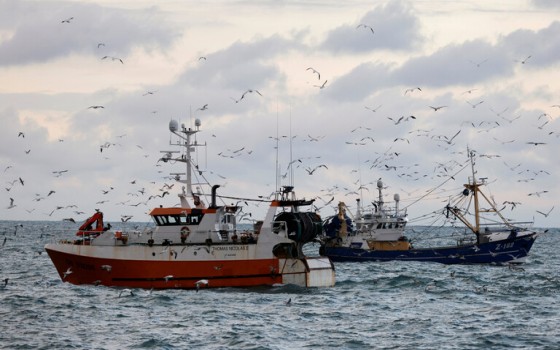



No Comments Found